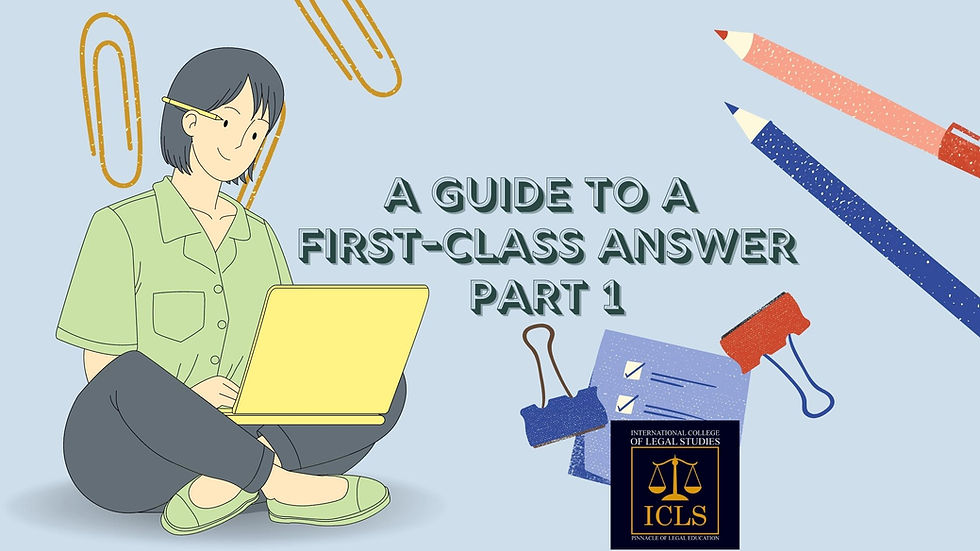Advocating for a healthy ocean
- Maleesha Gunawardana
- Jun 24, 2022
- 3 min read

Our tiny island nation is blessed with a coastline that spans about 1680 km. We have sovereign rights over 517,000 square kilometres of ocean. This means, our ocean area is about 7.8 times larger than the total land area. And it is a resourceful ocean that does many things for us - for instance, buffering impacts of global warming, producing oxygen, creating livelihoods and hosting a plethora of biodiversity.
Our ocean today
We cannot perceive the ocean as a place of limitless bounty anymore. Despite the vastness and depth, the ocean is in crisis today. Pollution (plastics, oil, harmful chemicals, noise), irresponsible fishing practices, climate change, and ocean acidification are just a few of the many threats that are wearing down the health of fragile marine ecosystems.
For too long, humans have been taking the good things out of the ocean and putting bad things into the ocean. Millions of marine animals are killed by plastics every year. We too are no longer immune to the atrocities of plastics as they make their way right back to the plates of those who consume seafood, validating the classic scenario of “what goes around comes around”. In fact, just 2 months back (March 2022), microplastics were detected in human blood for the first time.
Beyond marine pollution, our vibrant coral reefs are turning white because of ocean warming. Rising sea levels are causing sheer destruction, impacting coastal communities. Abandoned fishing gear continues to injure and kill the five species of sea turtles that grace our shorelines to nest.
Greenwashing vs real solutions
Often, solutions that are put forth by companies and even the government fail to address environmental issues at the source. For example, recycling and cleanups won’t do good if there are no bans or limitations to tackle the production of unwanted single-use plastics. Without drastic measures, plastic trash flowing into the seas is bound to triple by 2040.
Also, there is no assurance that maritime disasters like MV X-Press Pearl will not repeat - a ship accident that caused the world’s largest nurdle spill in our legal waters. The billions of linear low-density polyethylene (LLDPE) and low-density polyethylene (LDPE) nurdles turned our island’s picturesque beaches, once teeming with life, into wastelands. While cleaning the impacted beaches to remove nurdles is important, there must be stricter regulations on the packaging, transport and storage of nurdles. The current poly-sacks used to package nurdles cannot withstand wave energy or fires.
In many ways, real solutions to most issues that the ocean is facing come down to stronger, updated, enforced legislation and regulations.
How can we be part of the solution?
Public participation, particularly the youth engagement, in the environmental movement is stronger than ever today. Young people in the USA are suing their own government for actions that cause climate change (Juliana v United States). Youth all over the world, and in Sri Lanka, are taking action - be it through a movement for policy changes, a campaign to rally others or petitioning the relevant authorities.
Article 28 of our Constitution refers to the fundamental duty upon every person in Sri Lanka to protect nature and conserve its riches. The question is if we are all exercising that duty or not. Are we going to watch our ocean turn lifeless? Or, are we going to do the best we can to save ourselves and our future generations by helping the ocean bounce back from the activities that are harming it?
The choice is and will always be ours. There are many ways to take action as an individual (and as a law student);
Avoiding single-use plastic items and switching to reusable and eco-friendly alternatives.
Raising public awareness on environmental and maritime legislation, regulations and policies.
Analyzing the legalities pertinent to existing and upcoming environmental issues and sharing the knowledge to take collective action.
Putting pressure to ensure the strict enforcement of existing environmental laws.
Taking part in research and petitions for bans and other legislative amendments needed to better protect the ocean.
Campaigning to establish Marine Protected Areas (MPAs) and legal protection for marine species whose populations are on the decline.
Supporting Environmental Public Interest Litigation.
Conducting awareness sessions, and writing newspaper articles or blogs to educate the public and inspire ocean action.
Volunteering or collaborating with environmental groups and organizations.
Engaging with the public, particularly children, which is key for changes to trickle down to the grassroot.
Stay inspired!
Maleesha Gunawardana
Environmental activist, educationist & conservationist
LL.B (Hons) (London)
Currently reading for the Attorneys-At-Law at Sri Lanka Law College




Comments